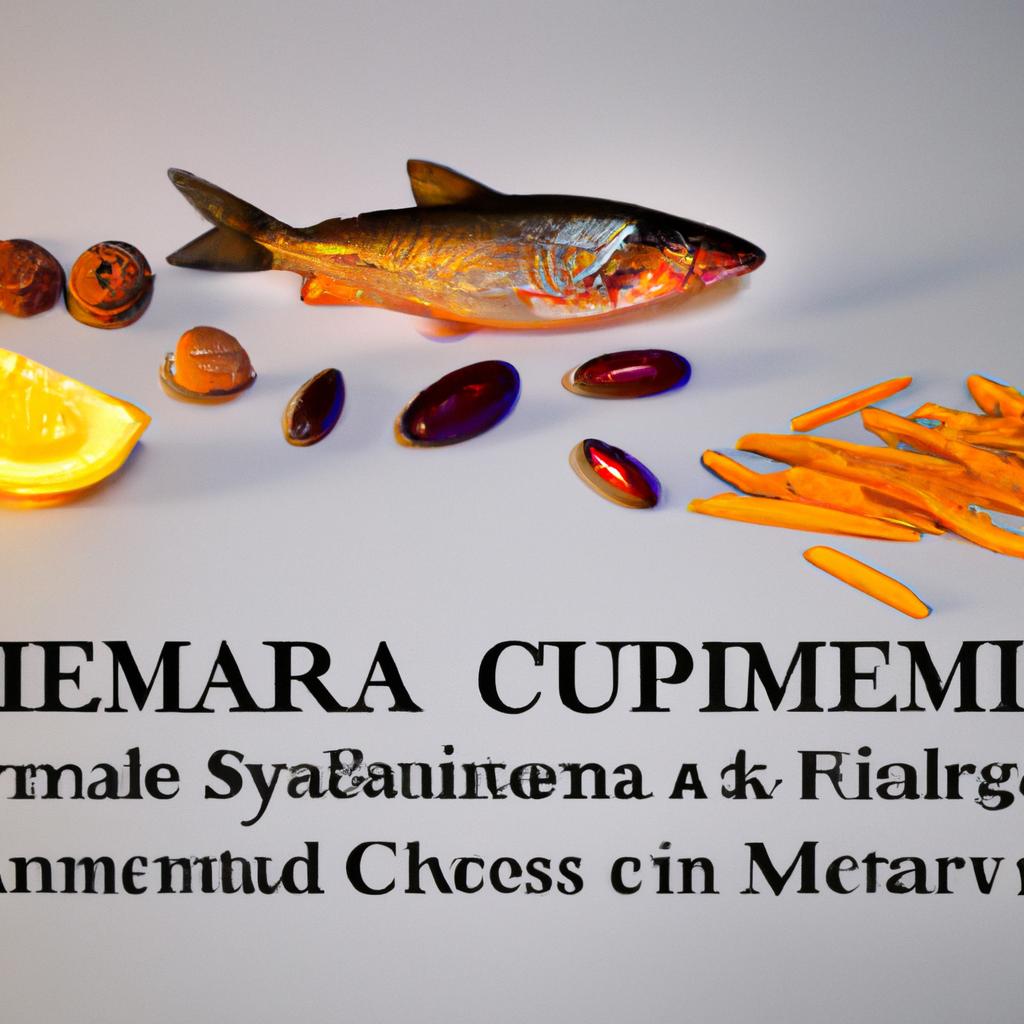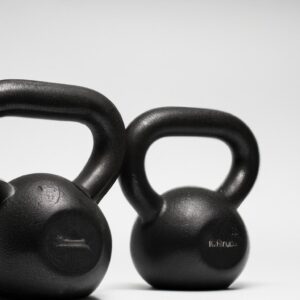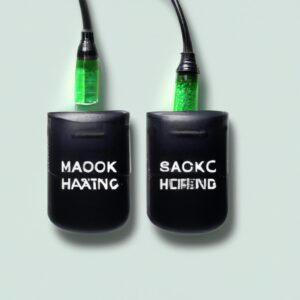**”The Synergistic Effects of Omega-3 Fatty Acids and Curcumin on Inflammation: A Deep Dive into Their Combined Impact on Recovery and Athletic Performance”**
The Synergistic Effects of Omega-3 Fatty Acids and Curcumin on Inflammation: A Deep Dive into Their Combined Impact on Recovery and Athletic Performance
In the world of sports and fitness, recovery is as crucial as performance itself. Athletes often face the challenge of managing inflammation, which can hinder their ability to train effectively. Among the various natural supplements available, omega-3 fatty acids and curcumin stand out for their potential to reduce inflammation. This blog post will explore the synergistic effects of these two powerful compounds, shedding light on their combined impact on recovery and athletic performance.
Understanding Omega-3 Fatty Acids
What Are Omega-3 Fatty Acids?
Omega-3 fatty acids are essential fats that the body cannot produce on its own, thus requiring dietary intake. They are primarily found in fatty fish, flaxseeds, and walnuts. The three main types of omega-3s are ALA (alpha-linolenic acid), EPA (eicosapentaenoic acid), and DHA (docosahexaenoic acid).
How Omega-3s Work Against Inflammation
Moreover, omega-3 fatty acids possess anti-inflammatory properties. They do this by competing with omega-6 fatty acids for metabolism, which can lead to the production of less inflammatory compounds. Consequently, a diet rich in omega-3s can help reduce markers of inflammation, such as C-reactive protein (CRP), which is particularly important for athletes who experience muscle soreness and joint pain.
The Role of Curcumin in Inflammation Management
What Is Curcumin?
Curcumin is the active compound found in turmeric, a spice commonly used in cooking. Its vibrant yellow color comes from curcumin, which has been studied extensively for its anti-inflammatory and antioxidant properties.
Mechanism of Action
On the other hand, curcumin works by inhibiting several molecules that play a role in inflammation, including nuclear factor kappa B (NF-kB) and cytokines. Therefore, it can help reduce chronic inflammation, making it a popular choice among athletes looking to enhance recovery.
The Synergistic Effects of Omega-3s and Curcumin
How They Work Together
When combined, omega-3 fatty acids and curcumin may provide a more potent anti-inflammatory effect than either compound alone. Studies have indicated that the anti-inflammatory properties of omega-3s can complement those of curcumin, leading to enhanced recovery outcomes.
Enhanced Recovery and Performance
Furthermore, the combination of these two natural compounds can lead to improved muscle recovery after strenuous exercise. This is particularly beneficial for athletes engaged in high-intensity training, as it can help reduce muscle soreness and expedite the recovery process.
Potential for Injury Prevention
In addition to improving recovery, the synergistic effects of omega-3s and curcumin may also contribute to injury prevention. By reducing inflammation in the joints and muscles, athletes may experience fewer injuries and longer-lasting performance.
Nutrition Tips for Incorporating Omega-3s and Curcumin
Dietary Sources
To harness the benefits of omega-3 fatty acids, consider including fatty fish like salmon, mackerel, and sardines in your diet. Additionally, plant-based sources such as chia seeds and walnuts are excellent alternatives for vegetarians and vegans.
When it comes to curcumin, incorporating turmeric into your meals is a simple yet effective way to increase your intake. Moreover, pairing turmeric with black pepper enhances curcumin absorption due to piperine, a compound that significantly boosts its bioavailability.
Supplementation
If you’re unable to meet your omega-3 and curcumin needs through diet alone, supplementation can be an effective alternative. Fish oil capsules are widely available and can provide a concentrated dose of omega-3s, while curcumin supplements often come with added piperine for enhanced absorption.
Exercise Advice to Complement Nutritional Strategies
Timing Your Intake
To maximize the benefits of omega-3s and curcumin, consider timing your intake around your workouts. For instance, consuming omega-3-rich foods or supplements post-workout can help reduce inflammation and promote recovery.
Combining Nutritional Strategies with Training
In addition, incorporating practices such as stretching, foam rolling, and adequate hydration can further enhance recovery. Consequently, combining these methods with a diet rich in omega-3s and curcumin can create a holistic approach to athletic performance.
Health Benefits Beyond Athletic Performance
Overall Wellness
While the focus here is on athletic performance, the benefits of omega-3 fatty acids and curcumin extend beyond sports. Research suggests that these nutrients can also support cardiovascular health, improve cognitive function, and even enhance mood. Therefore, incorporating them into your daily routine can contribute to overall well-being.
Conclusion
The synergistic effects of omega-3 fatty acids and curcumin present a promising strategy for managing inflammation, enhancing recovery, and improving athletic performance. By understanding how these two powerful compounds work together, athletes can take proactive steps to optimize their training and recovery. Whether through dietary sources or supplementation, integrating omega-3s and curcumin into your nutrition plan can yield significant benefits—not only for athletic performance but also for overall health. Therefore, consider making these potent anti-inflammatory allies a staple in your wellness regimen.
FAQ
What are the main benefits of combining omega-3 fatty acids and curcumin for athletes?
The combination of omega-3 fatty acids and curcumin offers enhanced anti-inflammatory effects, which can lead to improved muscle recovery after intense exercise. This synergy can help reduce muscle soreness, expedite recovery, and potentially prevent injuries by decreasing inflammation in joints and muscles.
How can I incorporate omega-3s and curcumin into my diet?
You can incorporate omega-3 fatty acids by including fatty fish such as salmon, mackerel, and sardines in your meals, or by using plant-based sources like chia seeds and walnuts. For curcumin, adding turmeric to your cooking is an effective way to increase intake. Pairing turmeric with black pepper can enhance its absorption, making it even more beneficial.
Are supplements necessary for omega-3s and curcumin?
If you find it challenging to meet your dietary needs for omega-3s and curcumin, supplementation can be a viable option. Fish oil capsules provide concentrated omega-3s, while curcumin supplements often include piperine to boost absorption. However, it’s always best to consult with a healthcare professional before starting any new supplement regimen.















Post Comment